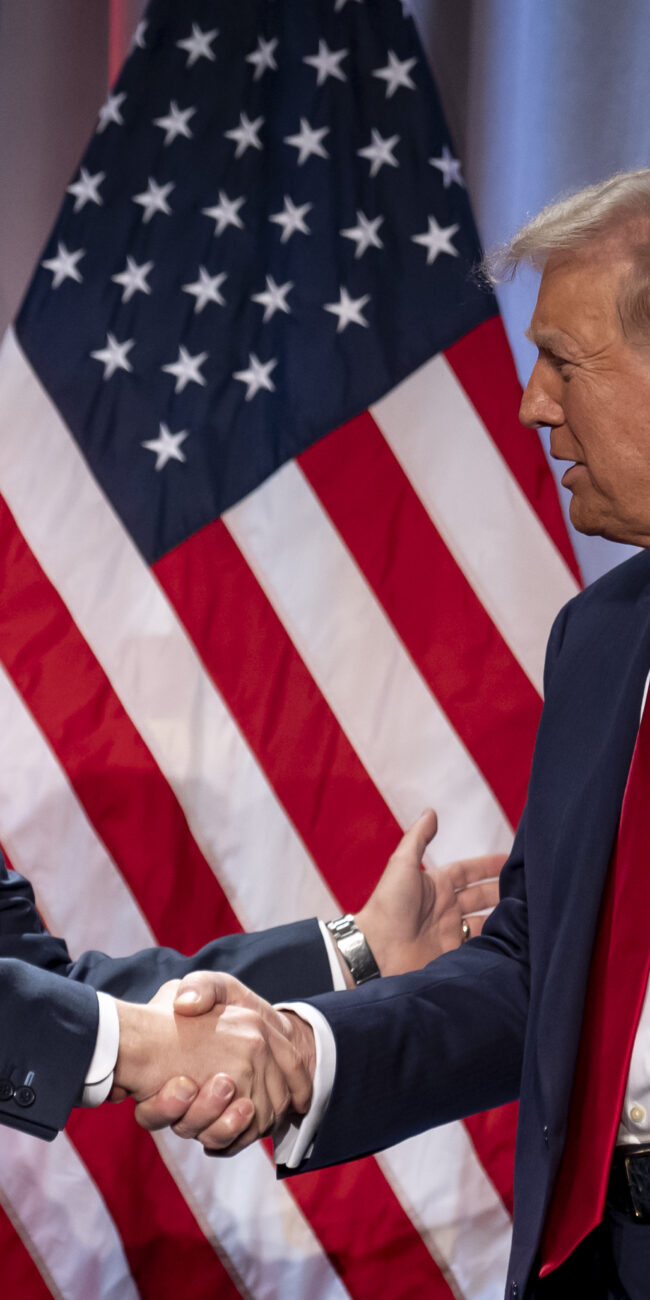
Treasury bonds fetch higher rates
THE GOVERNMENT made a full award of the Treasury bonds (T-bonds) it offered on Monday at a higher average rate, tracking the increase in local yields following the US election.
The Bureau of the Treasury (BTr) raised P15 billion as planned via the reissued 20-year bonds it auctioned off on Tuesday as total bids reached P27.017 billion, or almost double the amount on offer.
This brought the outstanding volume for the series to P142.7 billion, the Treasury said in a statement.
The bonds, which have a remaining life of 19 years and six months, were awarded at an average rate of 6.095%. Accepted yields ranged from 6.048% to 6.12%.
The average rate of the reissued papers rose by 23.4 basis points (bps) from the 5.861% fetched for the series’ last award on Sept. 24. However, this was 78 bps lower than the 6.875% coupon for the issue.
This was likewise 5.8 bps above the 6.037% seen for the same bond series and 4 bps higher than the 6.055% quoted for the 20-year bond at the secondary market before Tuesday’s auction, based on PHP Bloomberg Valuation Service (BVAL) Reference Rates data provided by the BTr.
“The full award today and the slightly higher rate from secondary BVAL rates indicate strong investor demand for longer-term issuances following the recent spike in bond yields,” a trader said in an e-mail on Tuesday.
Rates of local bonds tracked the recent rise in US Treasury yields after Donald J. Trump won the US presidential election, Rizal Commercial Banking Corp. Chief Economist Michael L. Ricafort said in a Viber message.
“The comparable 20-year US Treasury yield hovered among 3.5-month highs at 4.57% lately as a Trump presidency could lead to fewer Federal Reserve rate cuts due to possible protectionist policies such as higher US import tariffs or tighter immigration rules could lead to higher US inflation, and pro-US economic growth policies such as tax cuts and economic stimulus could lead to wider US budget deficits and higher supply of US debt that could lead to higher bond yields,” Mr. Ricafort said.
Tuesday’s auction was the government’s last T-bond offering for November. It raised the planned P30 billion via long-term papers this month as it made full awards at its two offerings.
The BTr is looking to borrow P90 billion from the domestic market this month, or P60 billion via Treasury bills and P30 billion through T-bonds.
The government borrows from local and foreign sources to help fund its budget deficit, which is capped at P1.48 trillion or 5.6% of gross domestic product this year.
Prospects of a near-term rebound in the $28-trillion US government bond market are faltering, as Mr. Trump’s return to the White House is expected to usher in fiscally expansive policies that could temper the extent of the Federal Reserve’s future rate cuts, Reuters reported.
The Fed lowered rates by 25 bps at its monetary policy meeting on Thursday, following a jumbo-sized, 50-bp reduction that kicked off its current easing cycle in September.
But the outlook for further rate cuts has been clouded by expectations that key elements of Mr. Trump’s economic platform such as tax cuts and tariffs will lead to faster growth and higher consumer prices. That could make the Fed wary of risking an inflationary rebound by cutting rates too deeply next year, denting expectations that falling borrowing costs could spur a rebound in bonds after a weeks-long selloff.
Treasury yields — which move inversely to government bond prices and tend to follow interest rate expectations — have surged by over 70 bps since mid-September and recently notched their biggest one-month rise since the 2008 global financial crisis, according to UBS Global Wealth Management. The move coincided with Mr. Trump’s improving standing in polls and betting markets throughout October.
Fed funds futures show investors are now expecting rates to decline to about 3.7% by the end of next year from the current 4.5%-4.75% range. That is about 100 bps higher than what was priced in September.
Fed Chair Jerome H. Powell on Thursday declined to speculate on the impact the new US administration will have on monetary policy. He said higher yields were likely more reflective of an improved economic outlook rather than higher inflation expectations. — A.M.C. Sy with Reuters

